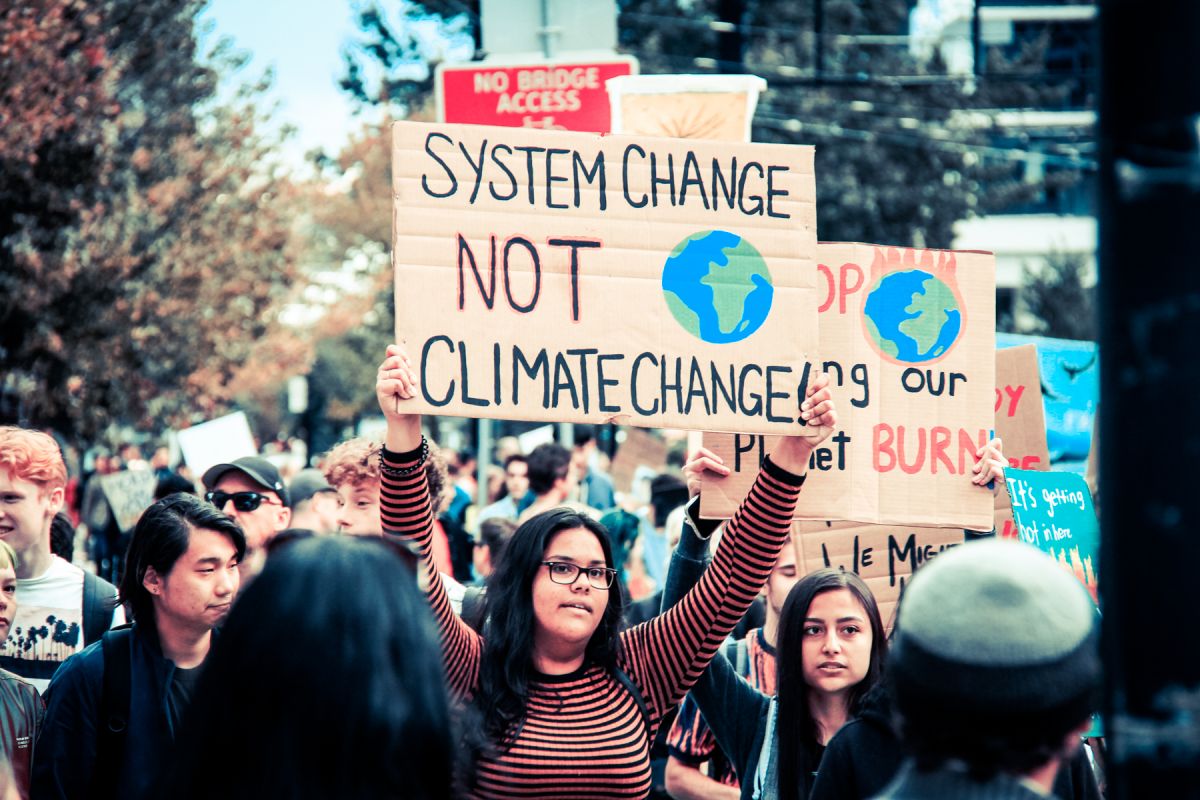This piece was originally published in The Washington Post on June 2, 2020
The sheer magnitude of transforming our energy, transportation, buildings and food systems within a decade, while striving to reach net zero greenhouse gas emissions shortly thereafter, is already overwhelming. And Black Americans are disproportionately more likely than whites to be concerned about — and affected by — the climate crisis. But the many manifestations of structural racism, mass incarceration and state violence mean environmental issues are only a few lines on a long tally of threats. How can we expect Black Americans to focus on climate when we are so at risk on our streets, in our communities, and even within our own homes? How can people of color effectively lead their communities on climate solutions when faced with pervasive and life-shortening racism?
Even at its most benign, racism is incredibly time consuming. Black people don’t want to be protesting for our basic rights to live and breathe. We don’t want to constantly justify our existence. Racism, injustice and police brutality are awful on their own, but are additionally pernicious because of the brain power and creative hours they steal from us. I think of one Black friend of mine who wanted to be an astronomer, but gave up that dream because organizing for social justice was more pressing. Consider the discoveries not made, the books not written, the ecosystems not protected, the art not created, the gardens not tended.
It’s hearing police sirens and helicopters in my Brooklyn neighborhood and knowing those who sound them do not always aim to protect and serve. It’s walking the back roads near my mom’s home Upstate New York and being more scared of the local white kids in the pickup truck with the Confederate flag on the bumper — in a state that was never part of the Confederacy — than I am of the local black bears. It’s spending my weekend writing these words.
Here’s the rub: If we want to successfully address climate change, we need people of color. Not just because pursuing diversity is a good thing to do, and not even because diversity leads to better decision-making and more effective strategies, but because, Black people are significantly more concerned about climate change than white people (57 percent vs. 49 percent), and Latinx people are even more concerned (70 percent). To put that in perspective, it means that more than 23 million Black Americans already care deeply about the environment and could make a huge contribution to the massive amount of climate work that needs doing.
I did get tiny tasks done last week — emails, (virtual) meetings. Because we are taught the show must go on, I mustered the composure to conduct an interview about the importance of planting trees. But none of the deeper work got done, none of the work that could be a significant contribution to how we think about climate solutions and how fast we implement them. Instead of working, I was checking in on my people, staying informed, doom-scrolling.
Now I’m totally spent. Not from the day, but from the week, the month, the year, this presidential administration, this country that keeps breaking my heart. We are resilient, but we are not robots.
People of color disproportionately bear climate impacts, from storms to heat waves to pollution. Fossil-fueled power plants and refineries are disproportionately located in Black neighborhoods, leading to poor air quality and putting people at higher risk for coronavirus. Such issues are finally being covered in the news media more fully.
But this other intersection of race and climate doesn’t get talked about nearly enough: Black Americans who are already committed to working on climate solutions still have to live in America, brutalized by institutions of the state, constantly pummeled with images, words and actions showing just us how many of our fellow citizens do not, in fact, believe that Black lives matter. Climate work is hard and heartbreaking as it is. Many people don’t feel the urgency, or balk at the initial cost of transitioning our energy infrastructure, without considering the cost of inaction. Many fail to grasp how dependent humanity is on intact ecosystems. When you throw racism and bigotry in the mix, it becomes something near impossible.
Look, I would love to ignore racism and focus all my attention on climate. But I can’t. Because I am human. And I’m Black. And ignoring racism won’t make it go away.
So, to white people who care about maintaining a habitable planet, I need you to become actively anti-racist. I need you to understand that our racial inequality crisis is intertwined with our climate crisis. If we don’t work on both, we will succeed at neither. I need you to step up. Please. Because I am exhausted.




